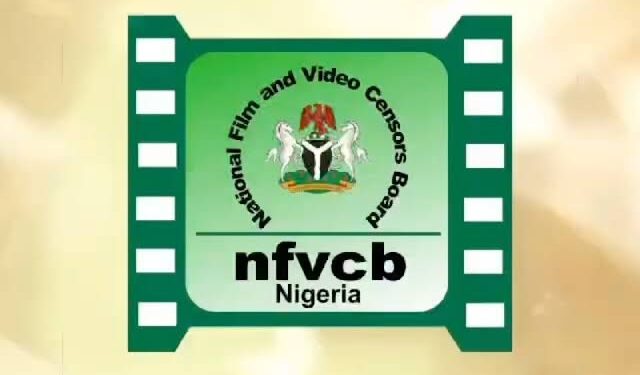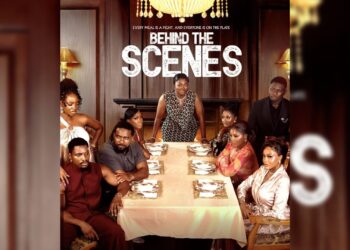Executive Director of the National Film and Video Censors Board (NFVCB), Shaibu Hussaini, has reminded Nollywood of a truth many filmmakers avoid—box office success is not the same as winning an Oscar. He said this while appearing on Channels Television’s Morning Brief. His point was simple: if Nigeria truly wants to stand on the global stage, then we must start building films with international awards in mind, not just Nigerian cinema cash registers.
And to be fair, he is right. The Oscars are not looking for how much a film makes on the first weekend or how loud it trends on Twitter. They are looking for films that meet certain technical, cultural, and artistic standards.
Making Films That Travel
Hussaini explained that any film aiming for the Oscars cannot be an afterthought. A film that might make it in 2027 must already be in the works now. Beyond production, such a film must also pass through global film festivals, Cannes, Berlin, Toronto, Venice, because that is where the international judges and curators are watching.

We cannot continue making films that only circulate in Lagos cinemas or Nollywood streaming platforms and expect the Academy to notice. If we want their attention, we must deliberately take our stories to them.
Language Is A Barrier We Ignore
One key reason Nigeria struggles is language. The International Feature Film category requires that a film must have at least 51% non-English dialogue. Yet, most of our films are in English, sometimes with a sprinkle of Yoruba, Igbo, Hausa, or pidgin. Hussaini gave a blunt example: if your film is 40% local language and the rest in English, you are automatically disqualified.
This is painful but true. Our filmmakers are often scared that audiences won’t watch subtitled films, but other countries take that risk and it pays off. Parasite, a Korean film, won Best Picture in 2020. Subtitles did not kill it, in fact, they helped it travel.
Nollywood’s Identity Crisis
Here is where the hard pill lies. Nollywood is largely commercial. Our films are fast-paced, easy to consume, and built for quick profit. The Oscars, however, lean more towards arthouse cinema, films that are slow, layered, and technically sharp. That does not mean our style has no value, but it does mean that if we want an Oscar, we must deliberately craft a film that bends toward their taste without losing our identity.
This is not selling out; it is strategy. Hussaini compared Nigeria’s situation to other African countries like Egypt and Morocco, who sometimes also refuse to submit films when they feel none can compete. For him, this is not a shameful thing, but a wake-up call.
The Reality of No Submission
The Nigerian Official Selection Committee (NOSC) recently announced that there will be no Nigerian film submission for the 2026 Oscars. This is disappointing, but not surprising. Many Nigerian films, though loved locally, simply do not meet the rules or the artistic weight the Oscars demand. Hussaini’s point is that we should not see this as failure but as a reminder to prepare better.
My Take
Box office is not Oscars. They are two different games. One is about entertaining your home audience and making money. The other is about crafting art that can stand beside the world’s finest. Nigeria has mastered the first, but we have not cracked the second.
The truth is that Nollywood has the talent. We have the stories, the actors, the culture, and the hunger. What we lack is patience and structure. We rush films because we want immediate returns. But an Oscar-level film takes time, planning, and a willingness to play on the global stage.
If Nollywood listens to Hussaini, the next few years could produce that kind of film. But if we keep confusing ticket sales with global acclaim, we will remain where we are, loud at home, silent abroad.

















